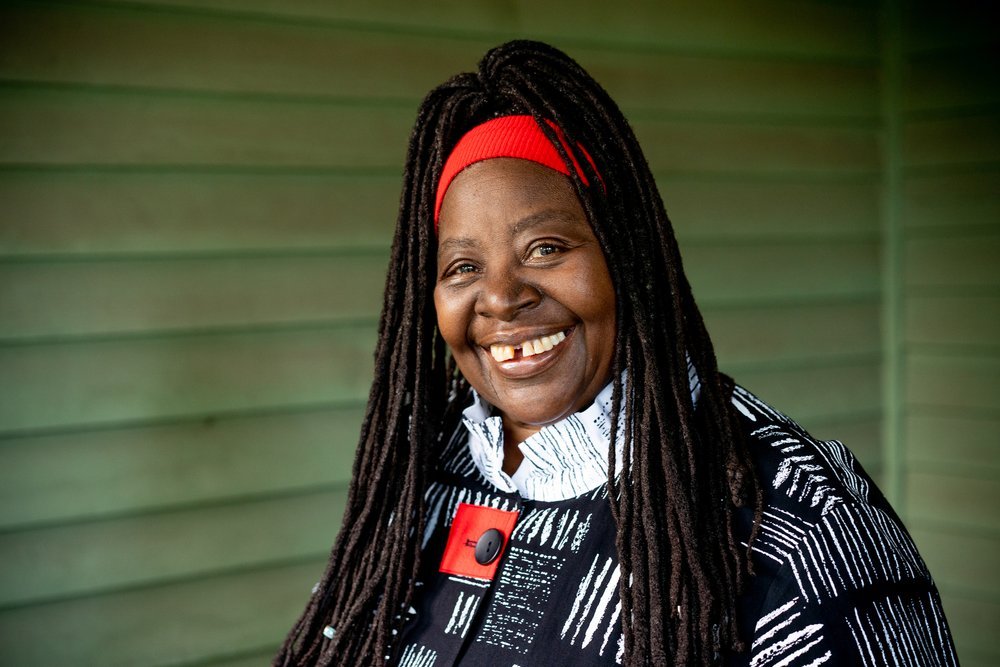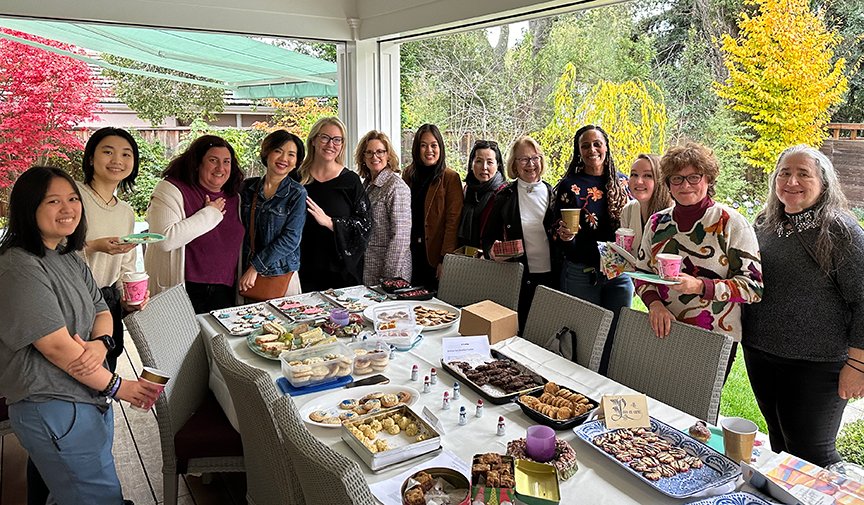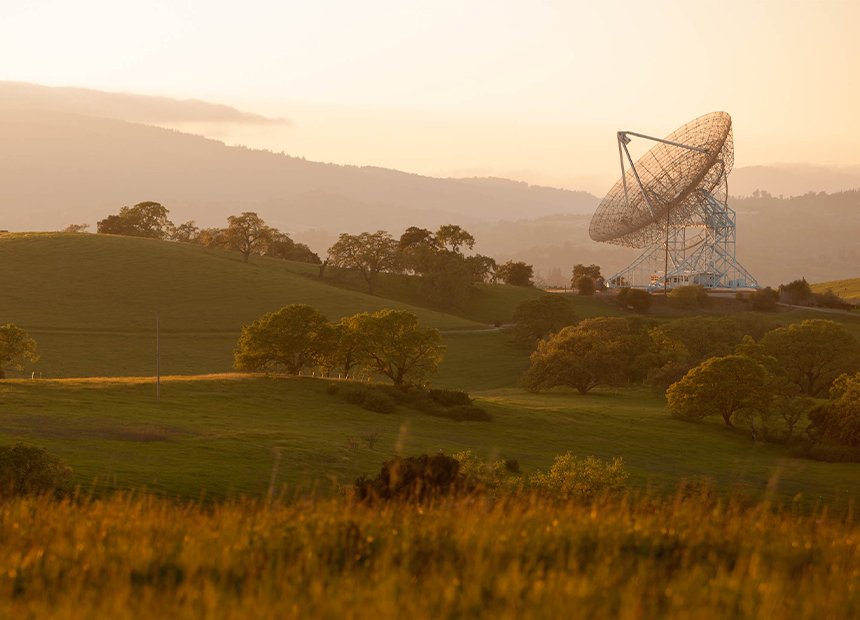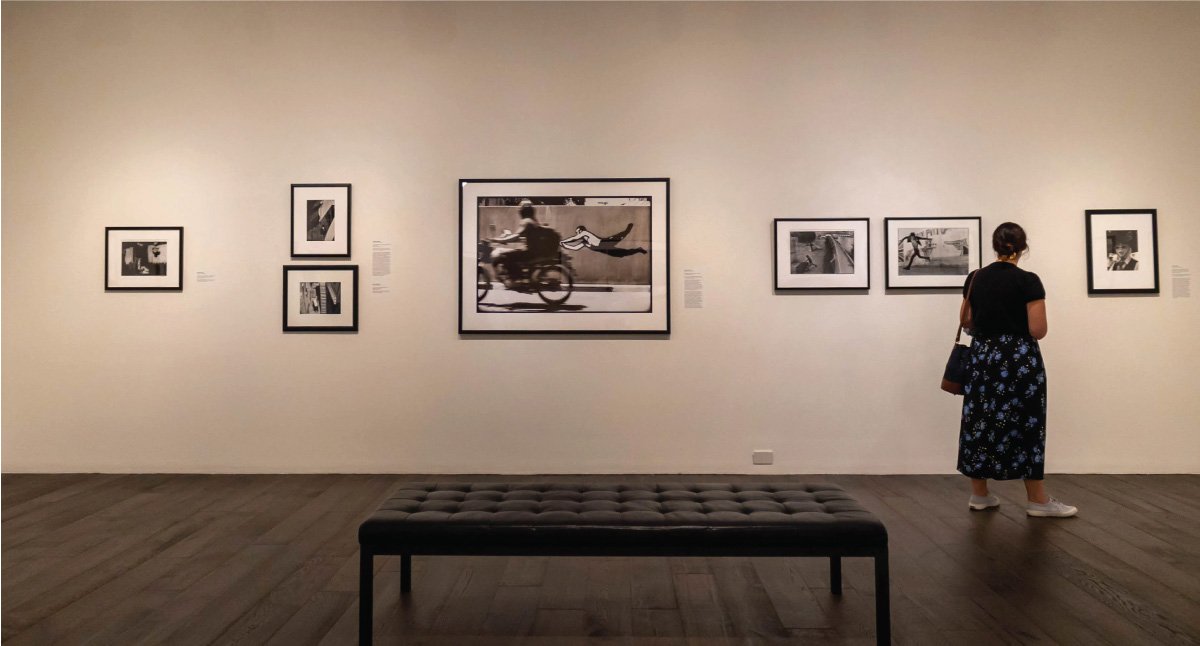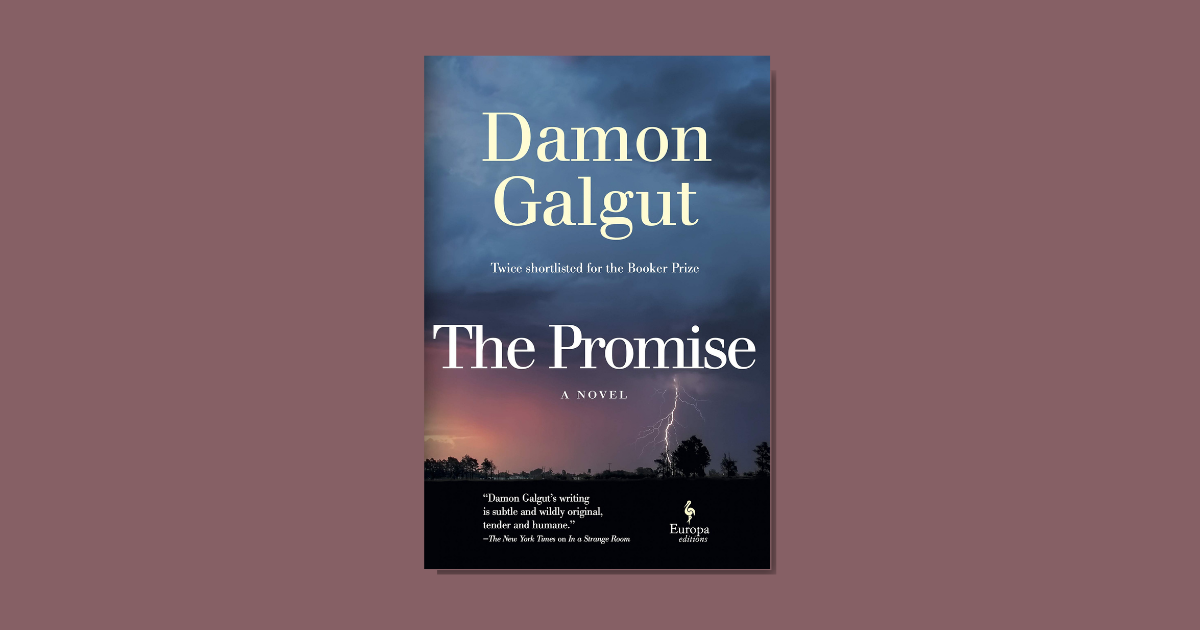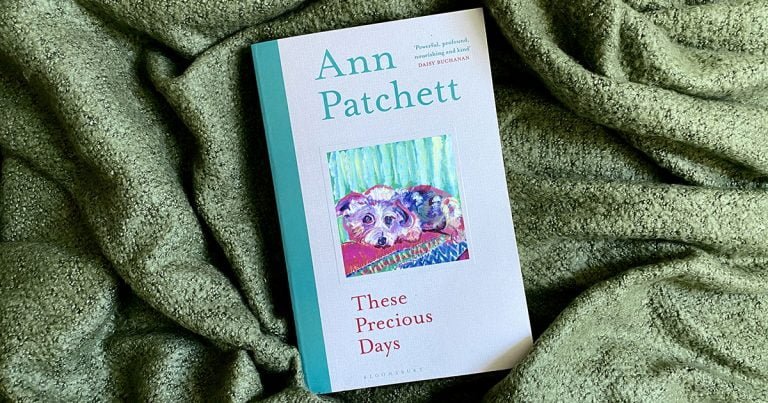January Book Club - Emma
A group of nine gathered on Wednesday the 15th to discuss two “Emma”s—the original by Jane Austen and the “modern retelling” by Alexander McCall Smith. Thanks so much to Nisha Thatte-Potter for hosting us.
We all enjoyed reading/re-reading the Austen book. We discussed why it’s a classic, why we still find it worth reading 200 years after it was written; Austen’s prose, “every word perfect”; her characters—especially Emma, a complete person of traits both admirable and irritating; the way Austen details a society with its rigid class structure, insularity, appeal and limitations; her psychological perceptiveness. We felt McCall Smith missed entirely Austen’s tone and underlying morality; his book does not stand up in comparison to Austen. However, seen as a stand-alone, it’s a charming, smoothly written light read and we felt McCall Smith had made interesting choices as he set it in modern times.
November Book Club - Station Eleven
An epic group—13 women!—gathered on Wednesday the 20th to discuss Emily St. John Mandle’s “Station Eleven.” Thanks so much to Alice Smith for hosting us.
We had mixed reactions to this post-apocalyptic novel. We liked the relatable characters, their resilience, the way Mandel highlighted friendship and community in the face of disaster. We appreciated the tone of the book, “surprisingly not grim.” We talked about the motifs Mandel wove in: a snow globe; a set of limited-edition comic books that give the book its title; Shakespeare and “King Lear” with its blasted heath; a “pervading sense of loss”; the importance of preserving the arts (“survival is insufficient”); luck and chance. But several of us found the jumps from one character to another, from present day to backstory, hard to track. And all of us got picky about details of this situation—for instance, would there really be no one who knew how to generate electricity? Why did none of Mandel’s characters trek across the country to find a beloved child? So, she got us to join her in imagining a radically de-populated world.
Book Club - October - Solito
Seven of us gathered on Wednesday the 16th at Sally Smith's house to discuss “Solito” by Javier Zamora. We all really liked this book, with only a few complaints, such as the untranslated Spanish sprinkled throughout the narrative, which interrupted the reading for those who wanted to look up the words and left those who didn’t look them up unsure of what they were missing. The book feels long, and is packed with innumerable details that can seem repetitive, but we agreed that this choice fully immersed us in the boy’s seven-week experience attempting to enter the US illegally. We appreciated the fact that there was not a lot of violence, and in fact there was a lot of kindness and caring, which made the hard parts easier to bear. We admired the now-adult Zamora’s skill in depicting the point of view of a 9-year-old, with his sense of vulnerability, need to trust, embarrassments and naivete, fears and coping strategies, adaptability and intelligence. And we wished we knew more: about his parents and why they left El Salvador, how he adapted to life in the US, what became of the three fellow migrants who composed his fake family.
September Book Club - Mecca
Thanks to Diana McDonough for both hosting and leading the meeting this month. Seven of us discussed Susan Straight’s latest book Mecca, published in 2022, about various friends and families living and working (legally or otherwise) in contemporary Southern California, around San Bernadino and east of it into the desert.
Straight depicts the area’s canyons, rocks, floods, and fires vividly. Most of us found her characters - white, black, Mexican, Native - compelling as they endured regular threats and insults from racism, ICE, even the weather. However, we thought that the large number of characters made the novel difficult to follow. It was hard to find any overarching plot line or narrative arc. Some of us found that when we gave up trying to connect all the characters and just treated each chapter as its own short story, it was more satisfying and enjoyable.
We liked the solidarity between the characters, the theme of family support whether biological or not, the characters’ resilience in the face of fear and danger, the emotional intensity of many scenes, and the interest in language expressed by many characters. We agreed that the author’s efforts to make connections between the characters was a forced fit and that the book lacked a coherent narrative. The characters were beautifully drawn but, at bottom, we didn’t know what the book was about. The ending of the novel, where we hoped all would be made clear, left much unresolved just like the book as a whole.
August Book Club - Movie Night - All is True
On Wednesday, August 21, eleven of us enjoyed a medieval-themed potluck and the movie “All Is True.” The movie followed nicely from our March book “Hamnet”—in the movie, we see Shakespeare back in Stratford, restoring relationships with his wife and daughters, and coming to terms with Hamnet’s death years before; he never properly grieved the loss. We all liked the movie, which features Kenneth Branagh, Judi Dench and Ian McKellen and seemingly portrays life in an Elizabethan village authentically, including nighttime scenes lit only by candles and fires in hearths. Many thanks to Nisha Thatte-Potter for hosting this annual tradition once again.
April Book Club - Book of Delights
Eight of us gathered at the home of Laura Hyatt on Wednesday April 17 to discuss “The Book of Delights” by Ross Gay. One virtue of this book, we agreed, is that it is not just sunshine and roses, despite the title. Instead, Gay judiciously mixes the sour with the sweet. For instance, he acknowledges the challenges of being a black man in America; he has a horrific little bit on a man who literally has a hole in his head due to being experimented on with radiation as a child (as in several of these “essayettes,” the delight is smuggled into a brief sentence, while the main point is something else entirely). But just as light is brighter when contrasted with darkness, his moments of delight are more welcome when we remember life is not always cheery. And so we have delight in a red flower growing in a crack in the sidewalk, an unexpected high-five, nicknames, carrots (“the red kind that have almost become two carrots, carrot legs in need of some petite pantaloons.”). A poet, Gay chooses his words with care, but he also muses here in a casual, stream-of-consciousness way that some found a bit irritating, at least at first. We appreciated his humor, and the way he moves from a small incident or item to something more profound. We recommend this book to others.
August Book Club - Movie Night - All the King’s Men
Our August meeting celebrated Movie Night with “All the King’s Men” and a potluck of Louisiana-inspired food at the home of Nisha Thatte-Potter. We had all read at least part of the book, with a variety of reactions, but all regretted the omissions and changes the movie made to the book’s story. We liked the movie nonetheless.
Thanks to Nisha for hosting us.
July Book Club - Destined to Witness
At this month's meeting of the book club we discussed Destined to Witness by Hans Massaquoi, a true tale of how the author came of age as a black child in Nazi Germany. The son of a prominent African father and a German nurse mother, Massaquoi fell under the Fuhrer's spell as a young schoolboy and was crushed to learn that, as a black child, he was ineligible for the Hitler Youth. This true account of his lonely struggle for survival is brimming with courage and intelligence.
May Book Club - The Years
Six of us gathered via Zoom on May 17 to discuss “The Years,” a memoir by Nobel Prize winner Annie Ernaux. This book is noteworthy for its format: no chapter divisions, the use of “we” or “she” instead of “I,” and an unusual style of depicting history that we variously saw as impressionistic, reportorial, archaeological, insightful, and boring. We appreciated the way Ernaux was anchored in her family as the world around her changed immensely, and admired many of her turns of phrase.
March Book Club - The Dictionary of Lost Words
This month we met virtually via Zoom and we had an excellent turnout with 12 Smithies in attendance. We had a good discussion of “The Dictionary of Lost Words,” a 2020 historical novel by Australian author Pip Williams based on true historical events surrounding the compilation of the Oxford English Dictionary, the suffrage movement for women’s voting rights, and World War I. Most of us enjoyed the book and would recommend it to others.
February Book Club - 84, Charing Cross Road
Eight of us met on Wednesday the 15th at the home of Diana McDonough to discuss two books by Helene Hanff: “84, Charing Cross Road” and “The Duchess of Bloomsbury Street.” Thanks again for hosting us, Diana.
Not to put too fine a point on it, we loved these books. We laughed at Helene’s sometimes raucous sense of humor, we were touched by the warmth of the various English people who welcomed her on her visit to London, we were in awe of her knowledge of books and her reverence for her favorite authors. We lamented the demise of letter-writing (and then listened in amazement as one member recounted her email relationship with her reed-maker). We recommend these books to all.
January Book Club - Their Eyes Were Watching God
On Wednesday, January 18th, Jan Collins hosted 10 of us for a discussion of “Their Eyes Were Watching God” by Zora Neale Hurston. We endorsed the opinion of many experts that this is a true classic, one of the great American novels. We discussed the protagonist’s character, development and relationships; the setting and its historical basis; but mostly we loved the writing: animated, with vivid images and psychological insights, a combination of dialog in dialect and elegant narrative passages, memorable lines.
November Book Club - Intimacies
On Wednesday, November 16, eleven of us gathered at the home of Ann Freeman for a rare in-person meeting. One of the themes of “Intimacies,” by Katie Kitamura, is shifting perceptions, and our discussion illustrated this theme: we held varying views of the protagonist, of the man she is involved with, of their relationship, of the author’s flow-of-consciousness style (many commas, minimal periods), and of the ending. We found the range of intimacies depicted in the book thought-provoking, particularly the way the protagonist, an interpreter, forms a kind of intimacy with a criminal defendant. Thanks so much for hosting us, Ann!
October Book Club - The Last Kings of Shanghai
On Wednesday October 19th, eight of us discussed “The Last Kings of Shanghai” by Jonathan Kaufman. We found the book interesting and enjoyable, with the research well integrated into the stories of men—and a few women—who contributed significantly to the development of modern China. We viewed the Sassoons and Kadoories as individuals with mixed emotions: admiration for their resourcefulness, ability to survive, willingness to take risks, and good works—including saving some 18,000 Jews during World War II—while deploring their involvement in the opium trade. We felt the writing was journalistic; another writer might have made the book deeper and might have explored some themes more thoroughly. But we were all glad we’d read this account of Chinese history that we were mostly ignorant of.
September Book Club - The Vanishing Half
Our September book, “The Vanishing Half” by Brit Bennett, was the basis for a multifaceted discussion among eight of us (see screen shot) on Wednesday the 21st. The book has an abundance of themes, including twin-ness, doubles, and halves; disappearing, reinventing and finding yourself; secrets, hiding, lying, acting, and revealing; racism, colorism and passing…plus a quartet of intriguing women. We liked pretty much everything except the ending, which seemed abrupt and lacking nuance; we would have liked to know more about these characters.
August Book Club - Movie Night!
Nisha Thatte-Potter hosted five of us for Annual Book Club Movie Night where we gather to watch a movie based on a book. Our potluck menu reflected the movie, “Victoria & Abdul,” about Queen Victoria and an Indian who became her closest companion in the last years of her life. Most of us had read the book on which the movie is based, by Shrabani Basu; we thought the moviemakers had excavated a charming tale from a poorly done book. Both book and movie avoid larger issues such as Britain’s relationship with India and instead focus on the genuine affection between the queen and her “Munshi” amid opposition and racism from the queen’s household. We all enjoyed the movie. Thanks, Nisha, for your hospitality.
July Book Club - City of Thieves
Our July book was “City of Thieves” by David Benioff. We all liked this coming-of-age novel, despite the frequent scenes of horror and violence. We felt it was very well written, with research well integrated, humor balancing the heavy spots, immensely likable main characters, and vivid scene-setting details. The siege of Leningrad was not familiar history to most of us, so we learned a bit as well.
June Book Club - The Premonition
Michael Lewis’ “The Premonition” drew nine of us into a lively discussion on Wednesday, June 15. Many of us were happily surprised by this book’s readability, particularly its focus on individuals, who are profiled engagingly (if perhaps a bit too uncritically).
May Book Club - Band of Sisters
On Wednesday, May 18, eight Smithies gathered on Zoom to discuss “Band of Sisters” by Lauren Willig. We were proud of these Smithies, fictional but based on real alums who went to France in 1917 to aid the civilians whose lives had been torn apart by the war.
April Book Club - Leaves of Grass
On Wednesday, April 20, in recognition of Poetry Month, eight of us discussed Walt Whitman and some of the poems in “Leaves of Grass.” We liked Whitman’s spirit: enthusiastic, optimistic, honest, egalitarian, with a reverence and sense of wonder about nature.




